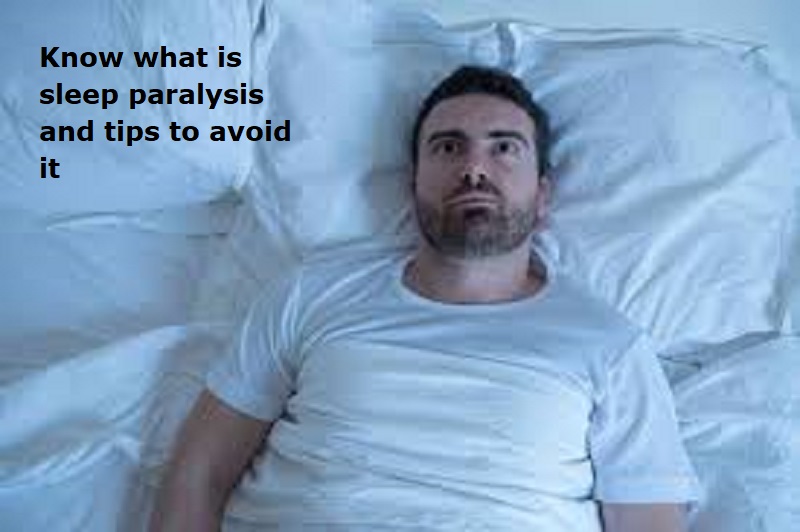
Sleep paralysis is a temporary inability to move or speak while falling asleep or upon waking up. During this, individuals are conscious but unable to move. This phenomenon is often accompanied by hallucinations.
Sleep paralysis occurs when a person transitions between wakefulness and sleep, particularly during the rapid eye movement (REM) stage, where dreaming occurs. During REM sleep, the body naturally paralyzes muscles to prevent us from acting out our dreams. However, when sleep paralysis happens, this mechanism persists even though the brain is awake.
The exact cause of sleep paralysis is not fully understood, several factors can increase its likelihood:
Sleep Deprivation: Not getting enough sleep can disrupt the sleep cycle.
Irregular Sleep Schedule: Frequently changing your sleep schedule can affect the body’s natural rhythms.
Stress and Anxiety: High levels of stress and anxiety can impact sleep quality and patterns.
Sleep Disorders: Conditions like narcolepsy are associated with sleep paralysis.
Sleep Position: Sleeping on your back has been linked to an increased risk of experiencing sleep paralysis.
Also Read; Know what is ‘Selfitis’
Tips to Avoid Sleep Paralysis:
Maintain a Regular Sleep Schedule: Establish a consistent sleep routine by going to bed and waking up at the same time every day, even on weekends. This helps regulate your body’s internal clock and improves the quality of your sleep.
Ensure Adequate Sleep: Aim for 7-9 hours of sleep per night. Sufficient rest is crucial for overall health and can reduce the likelihood of experiencing sleep paralysis.
Manage Stress and Anxiety: Incorporate relaxation techniques into your daily routine to manage stress. Practices such as meditation, deep breathing exercises, and yoga can help calm the mind and improve sleep quality.
Create a Sleep-Friendly Environment: Make your bedroom conducive to sleep by keeping it cool, dark, and quiet. Consider using earplugs, eye masks, or white noise machines if necessary. Also, avoid screens (phones, tablets, computers) at least an hour before bed as the blue light emitted can interfere with your sleep.
Avoid Stimulants Before Bed: Reduce or eliminate the intake of caffeine, nicotine, and other stimulants in the hours leading up to bedtime.

Post Your Comments